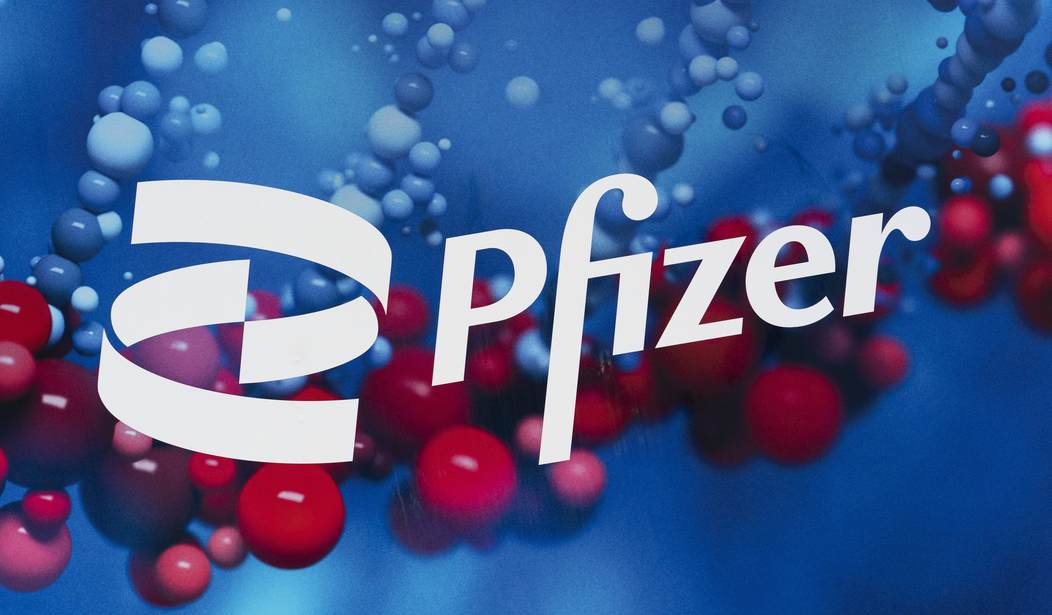By Michel Daher
President Trump continues his blistering pace signing executive orders. As of this writing, he has signed 202 executive orders so far in 2025. Being a pharmacist, the one he signed on Tuesday is on a topic I have written about before for Redstate.
READ MORE: Big Pharma and Perverse Incentives
When campaigning for president, now-Secretary of Health and Human Services, Robert F. Kennedy Jr., spoke about banning Big Pharma ads on television. I had the opportunity to speak with lawyers and healthcare policy makers who suggested this would violate the First Amendment, and that Big Pharma had too much money to fail. This appears to be the case, as the signed EO on Tuesday leaves a bit more to be desired.
Essentially, Tuesday's order enforces oversight of existing laws, and ensures that any direct-to-consumer prescription drug advertising have all risks associated with the drug be fully transparent. This is for digital ads as well. The Food and Drug Administration (FDA) also sent out 100 cease and desist enforcement letters and thousands of warning letters to inform companies of enhanced compliance. What does this do for us as consumers?
Well, every drug trial has a list of side effects ranked from common, to minor, to “rare,” which is listed usually as <1 percent. Most ads already have the impending “…and can result in death” at the end of them. I’m not sure that listing more side effects will prevent patients from telling their doctors what they feel can solve their illnesses. Will they list the side effects and the percentages to be fully transparent?
SEE ALSO: Trump Targets Big Pharma With Prescription Drug Advertising Crackdown
As I’ve discussed before, I think putting ads on television allows patients to be doctors and puts doctors at an unfair advantage. A lot of the doctors I work with often speak of how patients commonly ask about ads they see on TV and how the ads make the drug appear very effective.
Doctors are also swayed by Big Pharma and what they also see from reps. This trial I learned about in school always comes to mind. Essentially, doctors felt Big Pharma didn’t sway them, but they all mostly agreed it impacted their colleagues. Funny how that works. The truth is, most disease states have effective generic drugs to treat them, but in the eyes of the consumer, nothing is as sexy as what is targeted at them, depending on the time and day they watch TV. Only the USA and New Zealand allow for these ads to be aired directly to consumers in the form of advertisement.
Long story short, this feels like a bit of a letdown. If we burden the healthcare system by forcing it to pay for brand-name medications, rather than generics, we, in turn, cause all our costs to go up. The pharmaceutical companies get paid in return and influence Washington, as well as state capitols, with laws that benefit them most.
We really need to limit this access and have healthcare providers make decisions on what’s best for the patient. Big Pharma greys those lines. We need to regulate what we as Americans pay for these drugs, while other countries around the world pay less, and lastly, we need to limit the influence of Big Pharma around our lawmakers. While slightly let down, let's hope this is a first step to something bigger.
Michel Albert Daher, Pharm. D, APh, is a community pharmacist who has owned and operated three pharmacies located in California and Oregon. He is currently an adjunct professor in the division of pharmacy practice at Marshall B. Ketchum University, located in Fullerton, CA.
Editor’s Note: Do you enjoy RedState’s conservative reporting that takes on the radical left and woke media? Support our work so that we can continue to bring you the truth.
Join RedState VIP and use the promo code FIGHT to get 60% off your VIP membership!














Join the conversation as a VIP Member